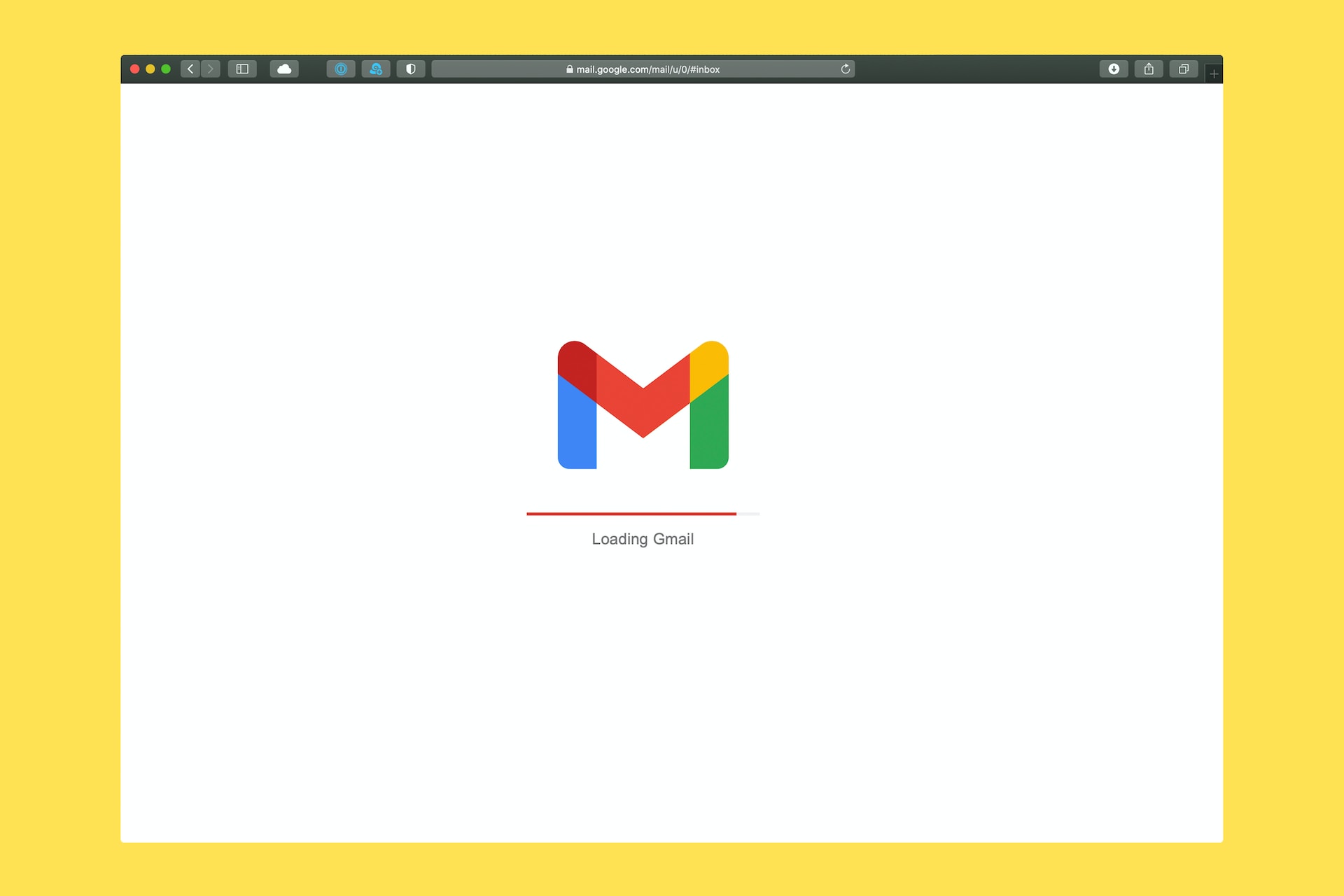More than just a tool for managing a company’s core processes, an enterprise resource planning (ERP) solution plays a key role in ensuring that all concerned parties have a seat at the table when determining the next step in the company’s digital finance transformation strategy. With the right choice of ERP solution, a financial organization with a clear-cut vision for the future can do the following:
Carry Out Unified Enterprise-Wide Integration
ERP suites are essential for driving digital transformation in financial institutions as these solutions offer a broad range of business functionalities and integrate information from a variety of other software products. This is done through the use of application programming interfaces (APIs), enterprise service bus (ESB), and integration platform-as-a-service (iPaaS). By unifying different components, an ERP suite can serve as a single source of truth and information in businesses of all industries, and it can ease access to timely and accurate information about a company’s broad and specific processes. This will make it much easier for companies to generate reports and get a more accurate account of their current and projected performance.
In short, with the right ERP solution at their disposal, managers and executives have all the tools they need to make broadly informed business decisions that will steer the company in the direction that they collectively want it to take.
Leverage Information Taken from a Variety of Sources
One of the many capabilities of ERP programs is that they can connect components that serve different purposes and that come from different providers into an integrated digital system. Even if a financial organization acquired different solutions for financial planning, forecasting and closing, or budgeting, this neither means that each of these integral tasks can only be done separately nor the information collected from these activities will remain within their respective departments. The pool of information will be shared between different departments and used to develop a more holistic approach to resolving various issues and challenges within the organization.
With the right ERP, a financial institution can still access the same data collected by carrying out these different functions and use them for compliance and reporting, among other needs. Such a capability enables executive-level managers to see reports from all concerned departments before they arrive at a decision that can affect the business.
Provide Comprehensive, Connected, and Granular Data
Again, one of the high points of having the right ERP is that it enables financial institutions to collect and analyze data from all aspects of the business. But more than just presenting an aggregation of information from different sources, ERP solutions are also capable of showcasing data at a granular level. The right ERP solution can make it much easier for companies to trace data and establish the lineage of information, develop optimized data sourcing approaches, and come up with physicalized data models. Establishing a foundational approach to data management that includes the aforementioned steps enables a company to collect a wealth of information in a single pass, then use the same data over and over for different purposes such as regulatory compliance, analytics for risk, and the development of multi-domain applications.
Have the Capability to Monetize Data and Deliver Business Value
A financial organization that is powered by a unified digital process has access to an end-to-end system that’s purposely built to meet its specific needs and purposes. If decision-makers want to take a more aggressive approach to introducing new financial products and services, cut overhead costs, or capture the attention of a specific market within the shortest amount of time, their ERP suite can certainly assist them in doing so. Using the software, they can easily keep a close eye on the metrics that they expect to change as a result of their latest business decisions. Alternatively, the data collected by the financial organization can help them maximize the opportunities provided by the changing trends in the market and the financial industry. This, in turn, will enable companies to maximize their profits while keeping costs at a minimum.
ERP Solutions and Digital Transformation in Financial Institutions
Digital transformation is a significant undertaking for financial institutions of all sizes. Integrating digital systems and solutions into processes that are largely dependent on legacy systems can be a years-long project, and this is just setting up the stage for finance transformation. After laying out the foundation for digitalization, it’s also a must for financial organizations and their service providers to stay on top of the emerging technologies that they can further incorporate into their existing processes and systems.
This is another step that would require input from all concerned players within the organization. It’s essential, therefore, for a financial institution in the midst of a digital transformation to have an ERP suite at its disposal. With this tool, the business can consider inputs and concerns from all relevant departments before the decision-makers commit to large scale changes within the organization.
















